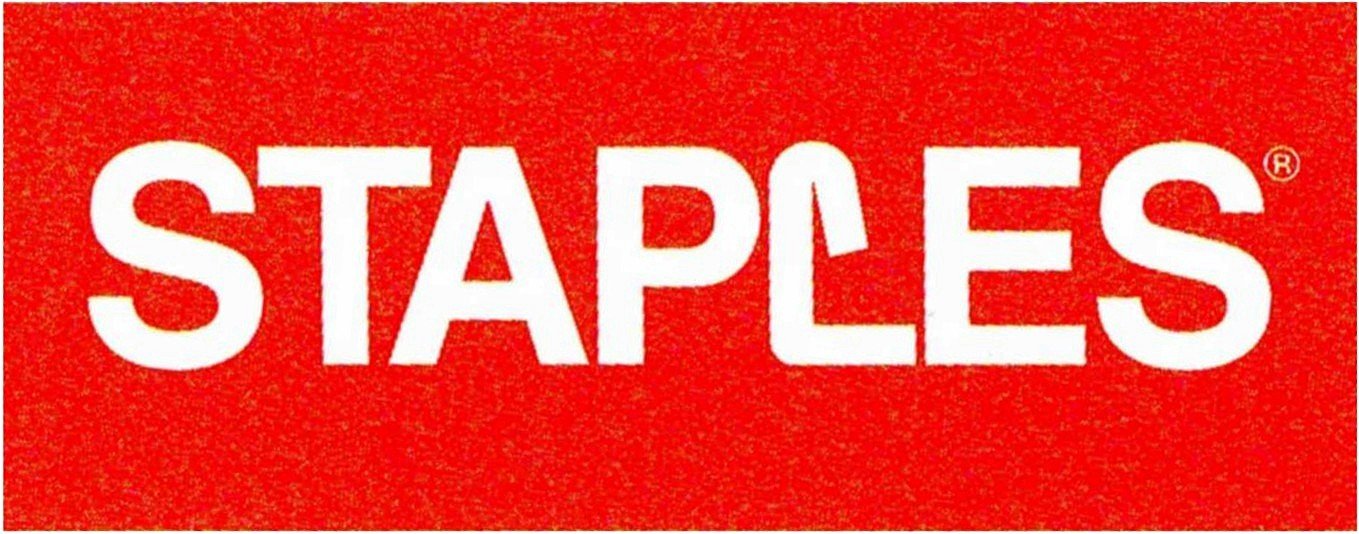
As we step into a fresh season, it’s not unusual for retailers to aspire for a better business performance compared to the previous year.
The scale of this improvement is primarily determined by the business’s specific goals and objectives.
Regardless of the target, it’s vital to revisit the essential components of your retail operation.
At RetailDOJO, we believe that people are the most critical factor when it comes to performance.
People often prove to be the distinguishing element, even when all other factors remain constant.
They can indeed make a significant impact, even when the circumstances aren’t ideal.
We’ve witnessed stores outperform others in larger, more affluent markets within the same retail chain, which underscores our recommendation to closely examine the people-oriented elements of your operation.
Here are a few key areas to focus on:
Recruitment:
Choosing the right talent is fundamental for retail management success, potentially more than in any other industry.
Your hiring decisions as a Store Manager, District Manager, Regional Manager, or Business Owner significantly reflect your organization’s ethos and your personal values.
There’s no place to hide in retail, which holds true for both employees and their managers.
A practical approach to hiring the right people is to create a detailed profile of your most successful individual and aim to hire those who align with that profile, even if it requires a slightly higher wage.
This investment will pay off through improved performance and fewer problems.
Training:
While everyone recognizes the importance of training, it’s often not given the due emphasis by retail managers.
Inadequate training leads to confused employees, customer dissatisfaction, and ultimately, lost sales.
Training should clearly communicate goals, objectives, and expectations.
Metrics such as sales figures, customer satisfaction indices, and other performance indicators should be established, and staff should be continually briefed to ensure they’re up to speed with these expectations and their performance relative to these targets.
Performance Appraisal:
Given clear performance expectations, assessing staff performance becomes a straightforward task.
If your team is exceeding expectations, you can raise the bar slightly while reinforcing their success with appreciation, incentives, and other forms of rewards to encourage them to aim higher.
However, if they’re underperforming, the issue typically lies with a lack of skills or the wrong attitude.
While a lack of skills can be addressed through further training, dealing with a poor attitude can be challenging.
If you followed our hiring advice, issues with attitude should be minimal. Nonetheless, if present, they can arise from three main sources:
a) Management issues:
Incompetent managers often foster an environment of indifference among the staff.
If communication from the manager is infrequent or unclear, the staff might feel ignored, which could eventually breed a negative attitude.
Similarly, a manager who fails or refuses to motivate their team will invariably lead to poor attitudes.
b) Self-motivation issues:
Some individuals suffer from a persistent lack of self-confidence, often rooted in personal upbringing or education deficiencies.
Unless you are equipped to deal with this, which most are not, or have ample time at your disposal, which is unlikely, it’s often best to part ways.
c) Personal issues:
Problems ranging from inconvenient commutes to personal or family issues can affect an individual’s commitment, behavior, and performance.
Your highest performers are your most significant asset.
They represent your brand, enhance your reputation, foster customer relationships, and promote your products.
Given their vital role, it’s crucial to approach hiring, training, and performance evaluations with the utmost care and attention.
Being conscious of and equipped to handle people performance issues is essential if you’re to make this year your most successful one yet.

























































































